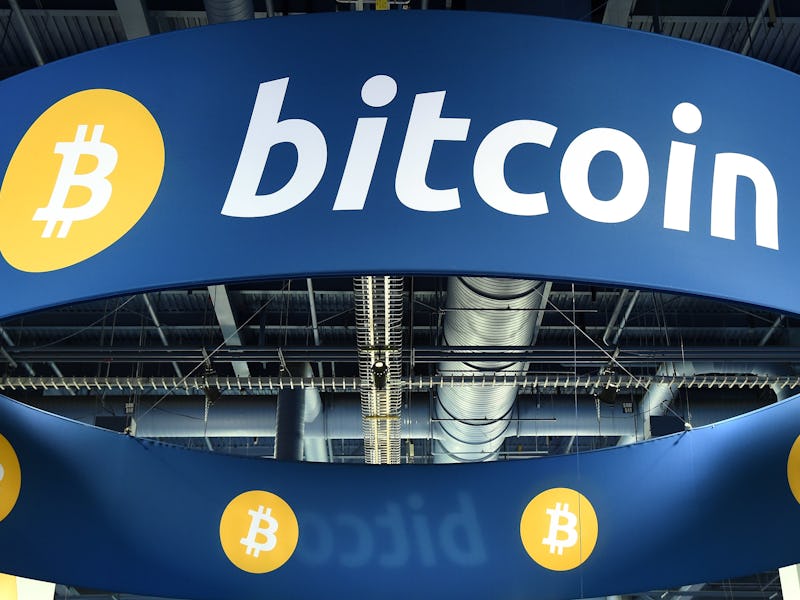Judge Rules Bitcoin Is Not Real Money. Now What?
Now what do I do with all these bitcoins?

A Miami judge has ruled that, contrary to what may some believe, bitcoin is not money. That’s right, on Monday a court decision said that the virtual currency, which was meant to break the shackles of evil central banks, doesn’t really count on par with old-fashioned dollars and cents.
Fear not, though. Just because your bitcoins aren’t necessarily money, doesn’t mean they’re not valuable.
The court was deciding on whether a website designer had committed money laundering, which Florida law describes as financial transactions that promote illegal activity. Michel Espinoza gave $1,500 worth of bitcoin to detectives who wanted to buy illegal goods. The judge decided that the law was way too vague to apply to Espinoza’s case.
“The court is not an expert in economics; however, it is very clear, even to someone with limited knowledge in the area, the Bitcoin has a long way to go before it [is] the equivalent of money,” said Judge Teresa Mary Pooler, from the Miami-Dade circuit, in a decision reported by the Miami Herald.
A sign in French that reads: 'We accept bitcoins' hangs at a display of the LedgerWallet Nano USB stick that enables security-protected transactions with bitcoins at the 2015 CeBIT technology trade fair on March 16, 2015 in Hanover, Germany.
The ruling has not stripped the coins of their value. Just like a chair, an apple, or a stethoscope, a bitcoin has a price. The value of one bitcoin peaked at $750 last month, the highest since 2014, but at the time of writing has returned closer to $655. Bitcoin has not lost that value, but in the Florida district case, the judge decided that it did not possess enough of the same qualities as money to find Espinoza guilty of money laundering.
“At least it gives the Bitcoin community some guidance that what my client did was not illegal,” Rene Palomino, Espinoza’s attorney, told the Miami Herald. “What he basically did was sell his own personal property.”
Bitcoin experts have heralded the decision as a win for the virtual currency. Charles Evans, associate professor of finance and economics at Barry University, told The Guardian that the ruling would help Florida users make transactions in the virtual currency, as it would mean less regulation around what they can do with the currency.
“Today is a good day,” said Evans.
Despite the ruling, it might not be best to invest too heavily in bitcoin. The currency is still subject to severe fluctuations at times, dropping by $13 when Craig Wright was reported as the founder of the currency. Hackers can also steal funds from other users: Anonymous claimed that it was able to steal bitcoin funds from ISIS.